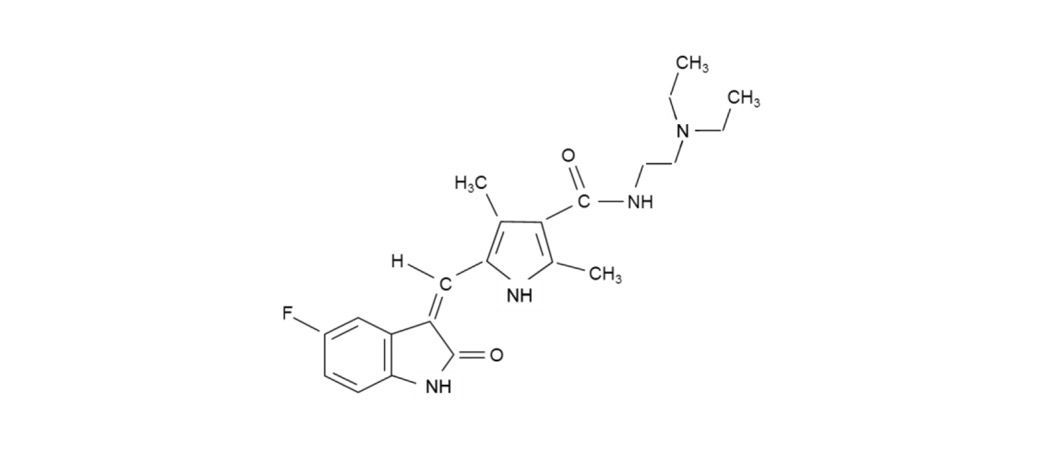Denosumab

Overview
Denosumab is a fully human monoclonal antibody that works by inhibiting RANK ligand, a protein essential for the formation and activity of osteoclasts. By blocking osteoclast-mediated bone resorption, denosumab increases bone density and reduces the risk of fractures. It is widely used in the management of osteoporosis in postmenopausal women, men at high risk of fracture, and patients receiving glucocorticoids. Denosumab also plays an important role in cancer care, helping to prevent skeletal-related events in patients with bone metastases. Its targeted mechanism offers significant benefits in maintaining bone strength and reducing fracture risk in vulnerable populations.
Background and Date of Approval
Denosumab was developed by Amgen and first approved by the U.S. Food and Drug Administration in 2010 under the brand name Prolia for osteoporosis in postmenopausal women at high risk of fractures. Later, another formulation branded as Xgeva was approved for the prevention of skeletal-related events in patients with bone metastases from solid tumors and for the treatment of giant cell tumor of bone. The European Medicines Agency and other global regulators have also approved denosumab for similar uses. Its introduction represented a breakthrough in bone health management, offering a targeted biologic alternative to bisphosphonates.
Uses
Denosumab is indicated for the treatment of osteoporosis in postmenopausal women and in men at high risk of fracture, including those receiving androgen deprivation therapy for prostate cancer or aromatase inhibitor therapy for breast cancer. It is also used in the prevention of skeletal complications such as fractures, spinal cord compression, and the need for radiation or surgery to bone in patients with bone metastases. Additionally, denosumab is approved for the treatment of giant cell tumor of bone in adults and skeletally mature adolescents when surgery is not an option.
Administration
Denosumab is administered as a subcutaneous injection. For osteoporosis, the recommended dose is 60 mg once every six months. For oncology indications, including bone metastases, the recommended dose is typically 120 mg every four weeks. It is important to ensure adequate calcium and vitamin D supplementation during therapy to reduce the risk of hypocalcemia. Dosing adjustments are generally not required in patients with renal impairment, but monitoring of calcium levels is essential.
Side Effects
The most common side effects of denosumab include musculoskeletal pain, back pain, pain in the extremities, urinary tract infections, constipation, and rashes. Some patients may experience hypocalcemia, which requires monitoring and supplementation. These side effects are generally mild to moderate and manageable with supportive care.
Warnings
Serious risks of denosumab include hypocalcemia, particularly in patients with severe renal impairment, osteonecrosis of the jaw, and atypical femoral fractures. Infections such as cellulitis and endocarditis have been reported, and dermatological reactions may occur in some patients. Long-term use has been associated with rebound bone loss and increased fracture risk upon discontinuation, highlighting the need for appropriate transition strategies when stopping therapy.
Precautions
Denosumab should not be used in patients with hypocalcemia until the condition is corrected. Caution is required in patients with impaired renal function due to the increased risk of hypocalcemia. Dental health should be assessed prior to initiation, and invasive dental procedures should be minimized to reduce the risk of osteonecrosis of the jaw. Denosumab does not have significant drug-drug interactions, but monitoring of calcium, phosphate, and magnesium levels is recommended throughout treatment.
Expert Tips
Clinicians should educate patients about maintaining adequate calcium and vitamin D intake during denosumab therapy. Regular dental check-ups and good oral hygiene are essential to lower the risk of jaw complications. Patients should be counseled about the importance of adherence to scheduled injections to maintain therapeutic benefits and prevent rebound bone loss. Pharmacists should emphasize monitoring for signs of hypocalcemia, infections, and musculoskeletal pain. Planning for transition therapy when discontinuing denosumab is critical to avoid rapid bone turnover and fracture risk.
